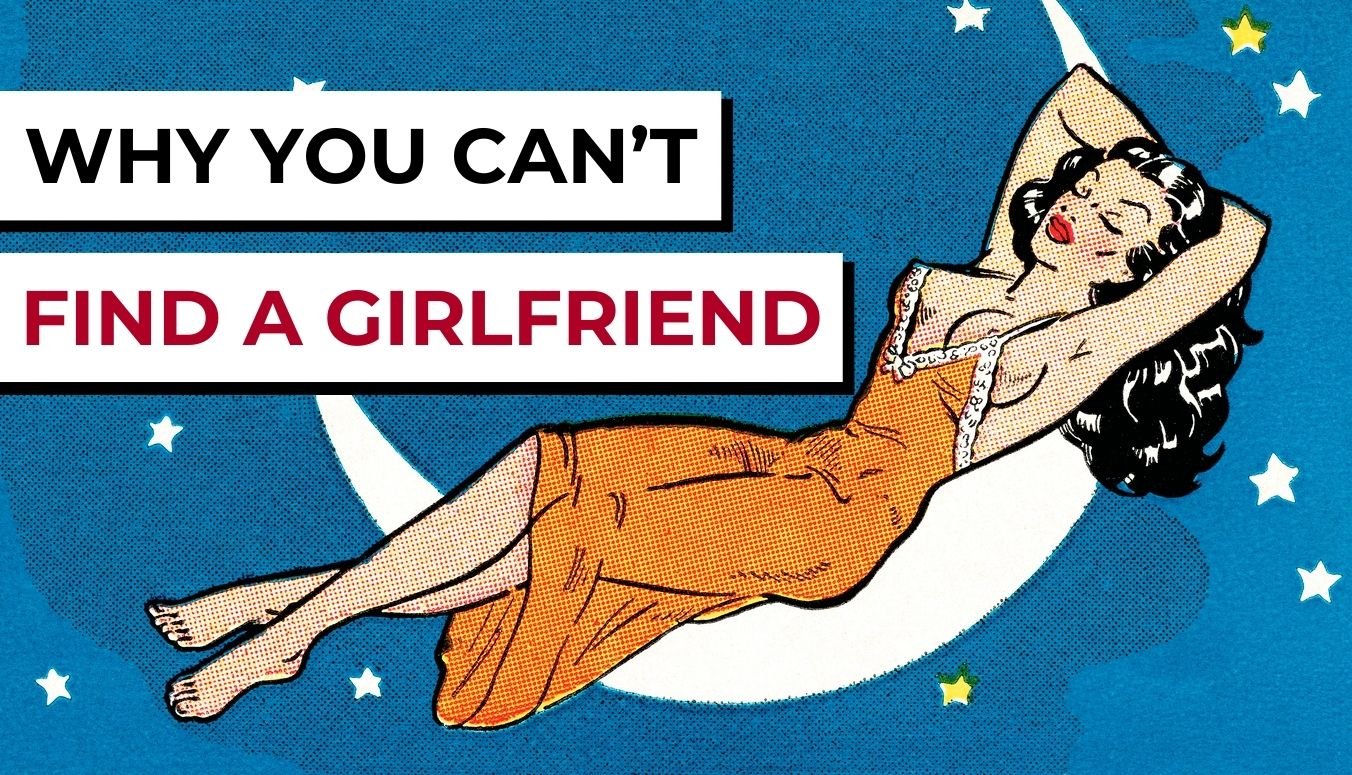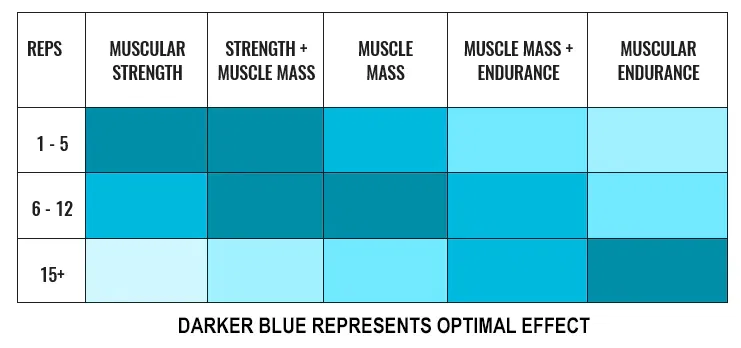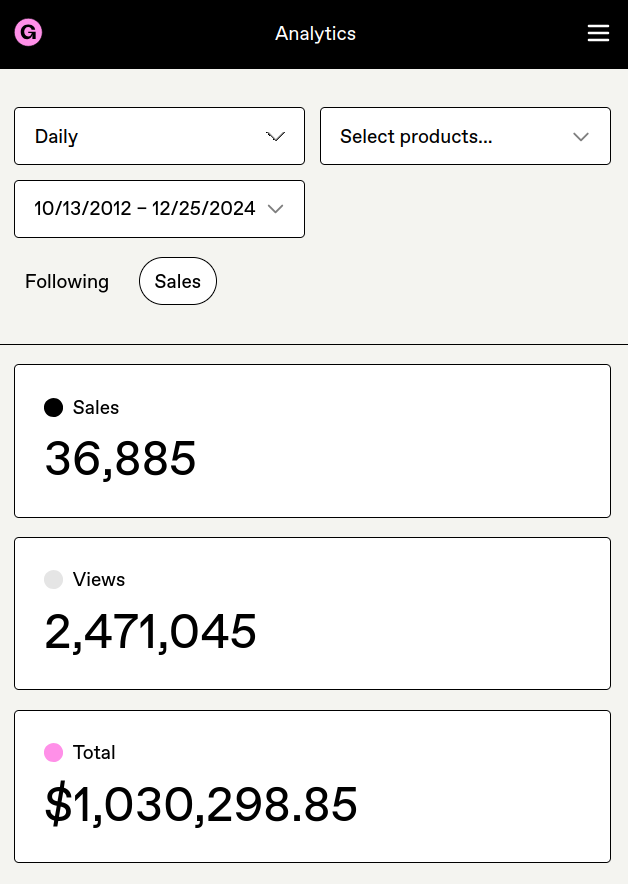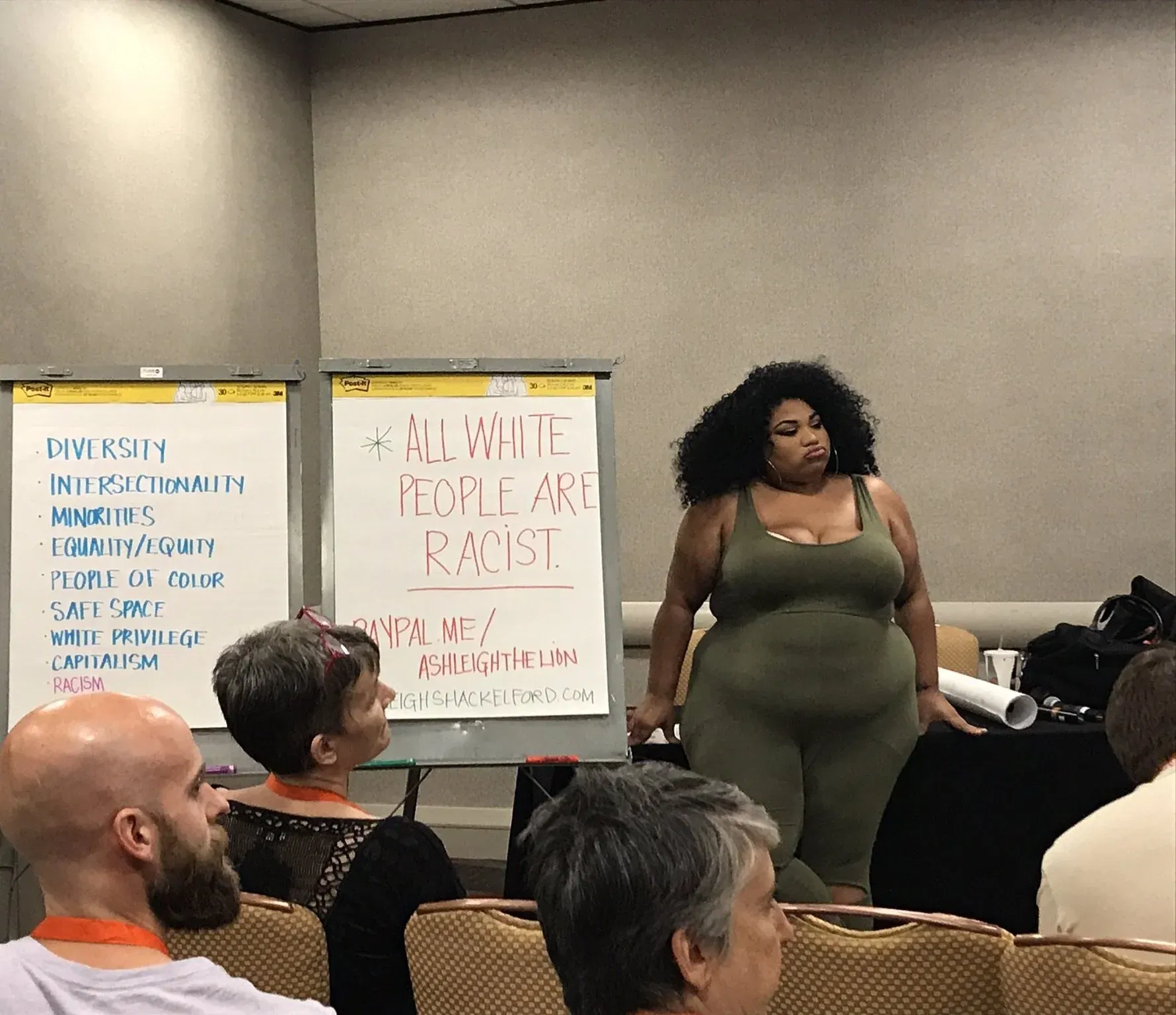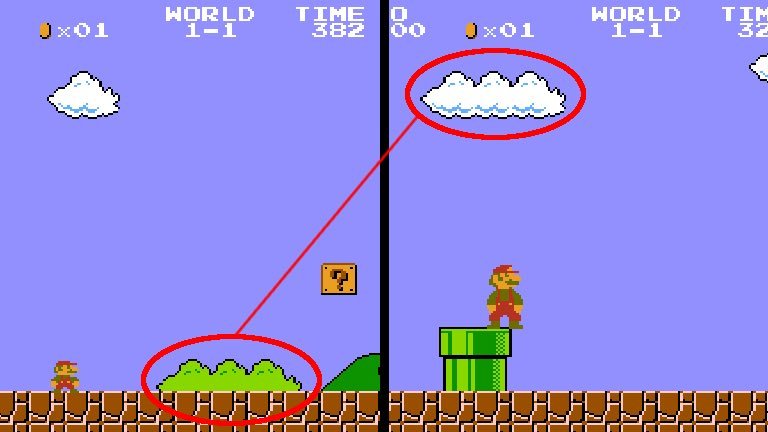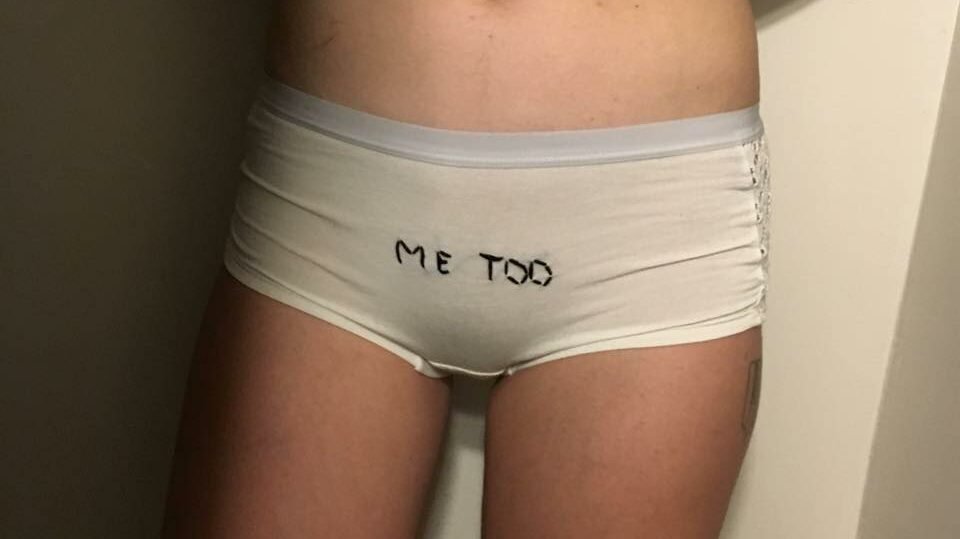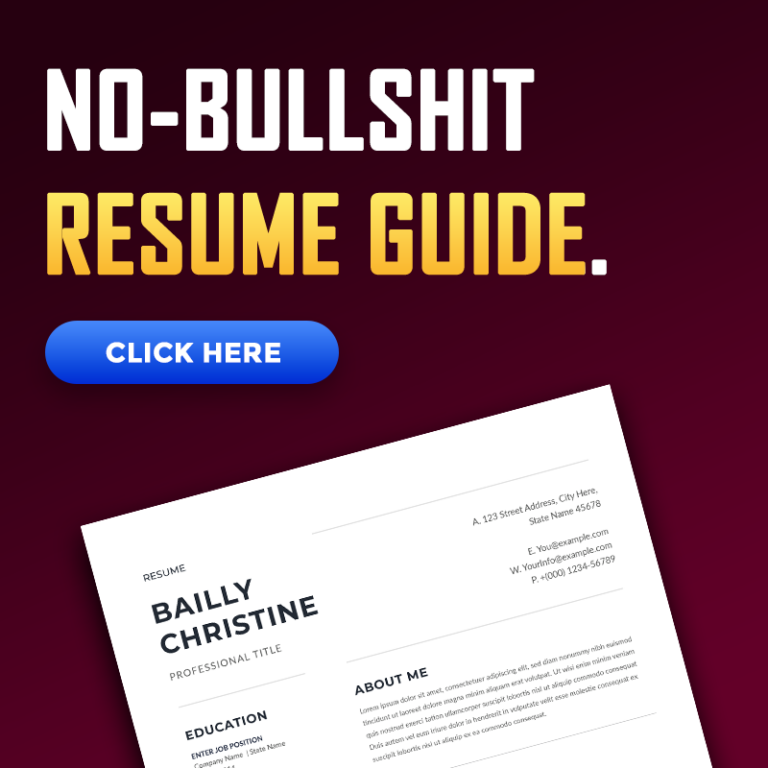It surprises me that so many people do not know what their expenses are – it’s almost insane.
If you do not know how much you make, and how much you spend, you’re living in a world of financial darkness. You can keep walking, but eventually you’ll run into a wall.
Hell, most people don’t even know how much money they have in their bank accounts at any given moment, no wonder they’re broke.
Let’s do a 90-day challenge to figure your finances out, shall we?
(Even if you do it for 30 days – and not 90 days – you’ll get some pretty valuable information about your spending habits out of this)
Start with buying a small notepad and pen that you can carry in your pocket at all times (or use your phone).
For the next 90 days, you’re going to record every single transaction you make in that notepad.
You’re going to write down all of your receipts and payments, for example:
24/02/2019 – Received from client XYZ for consulting $2,000
24/02/2019 – Paid for lunch ($20)
24/02/2019 – Uber to work ($10.24)
25/02/2019 – Received interest $549.51
(Amounts in brackets represent payments)
You’re going to do this for every transaction you make, be it as small as buying a pack of gum, and the amount has to be accurate. You’re going to include everything, including receipts for dividends, interests, salary, bonuses, money found on the streets – everything.
Remember, you’re not trying to save money with this exercise; you’re merely trying to understand where your money goes.
After 90 days, you’re going to draw up a summary of your expenses (just print this article for ease):
90 DAY RECEIPTS:
| Received as | Amount |
|---|---|
| Salary / Pensions | |
| Dividends | |
| Interest | |
| Annuities | |
| Online Sales (net) | |
| Commissions | |
| Income from Side Business | |
| Child Support / Alimony | |
| Other: | |
| Other: | |
| Other: | |
| Total: |
90 DAY EXPENDITURES:
| Paid for | Amount |
|---|---|
| Rent / Mortgage | |
| Property Taxes / Maintenance | |
| House Repairs | |
| Education | |
| Food and Water (prepared at home) | |
| Food and Water (restaurants and takeout) | |
| Miscellaneous Groceries | |
| Alcohol | |
| Cigarettes / Drugs / Other unwanted addictions | |
| Bank Fees | |
| Clothing | |
| Dry Cleaning and Laundry | |
| Legal and Accounting Fees | |
| Alimony / Child Support | |
| Vehicle Expenses (repairs and fuel) | |
| Traveling (Uber / Taxi / Other public transit etc) | |
| Pets (food, veterinarian etc) | |
| Gym Membership | |
| Insurance (car / house / life) | |
| Insurance (dental, health etc) | |
| Cosmetics and Make Up | |
| Investments | |
| Other debt payments | |
| Gifts and Donations | |
| Books and Magazines | |
| Electricity | |
| Phone | |
| Internet | |
| Cable | |
| Other Utilities | |
| Grooming and personal care (salon, spa etc) | |
| Entertainment (movies, shows, video games etc) | |
| Medical | |
| Hygiene supplies | |
| Costs of Privacy (VPN / additional phones) | |
| Income Taxes (estimated at 30% of income or any other appropriate rate) | |
| Other: | |
| Other: | |
| Other: | |
| Other: | |
| Other: | |
| Other: | |
| Total |
Once you’ve done that, subtract your 90 day expenditures from your 90 day reciepts.
Hopefully, the number is big and positive. If that is the case, you’re doing fine.
If on the other hand, the number is negative, or close to zero – you’re in a code red financial situation.
It will only take one major illness, one market crash, or one lost job to push you off the edge – you’ll be forced to borrow from banks, friends, family and relatives.
You need to do something about this RIGHT now.
Be it better jobs, getting roommates, starting a business – whatever you need to do to get those numbers in line.
You’re better off cutting recurring expenditures than one time expenditures, because cutting one time expenditures doesn’t save you much money and comes with a huge reduction to quality of life.
You ideally want to be saving 20% of all your income after taxes.
You also want to have at least $1000 – $2000 set aside for emergencies.
Create a budget and try to stick to it.
Illustrative Budget Breakup:
| Category | Percentage Of Income | Amount in USD |
|---|---|---|
| Housing | 25% | |
| Savings (including investment payments) | 20% | |
| Utilities | 5% | |
| Internet and Phone | 5% | |
| Clothing | 5% | |
| Gym and grooming | 3% | |
| Food | 7% | |
| Insurance | 2% | |
| Transportation | 3% | |
| Entertainment | 5% | |
| Debt payments | 5% | |
| Other | 15% | |
| Total | 100% |
Adjust the numbers according to your situation.
Remember, good finances are the cornerstones of a good life. Manage your finances, and you’ll manage your life.
Hope this helps!
Your man,
Harsh Strongman


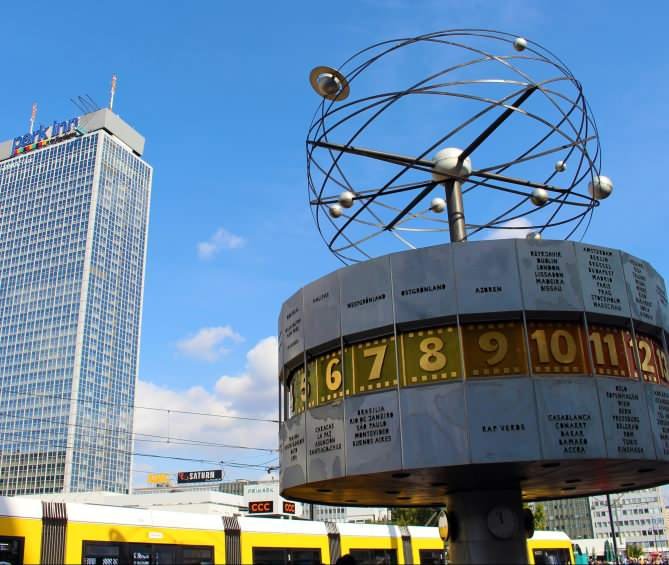







![Traits Women Find Attractive Traits Women Find Attractive (And How to Score Yourself) [PART 1: Physical Aspects]](https://lifemathmoney.b-cdn.net/wp-content/uploads/2025/11/Traits-Women-Find-Attractive-1.jpg)




